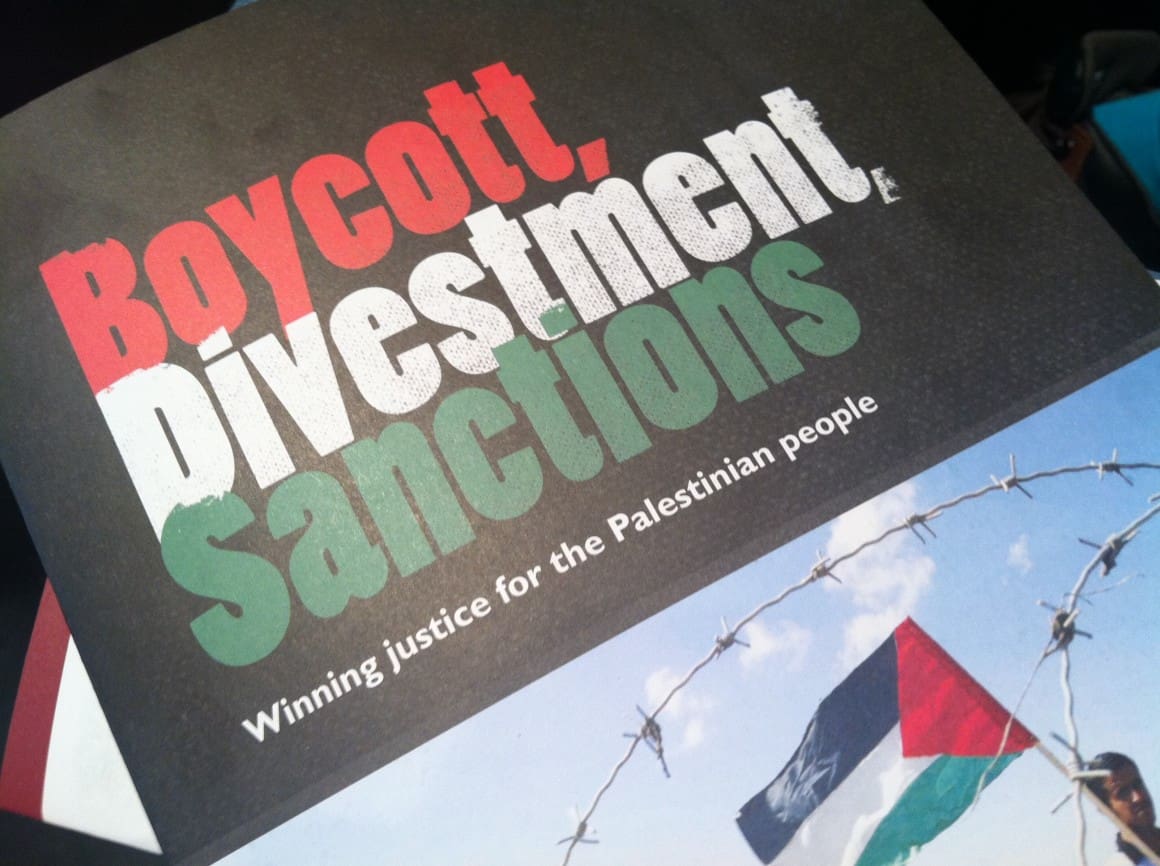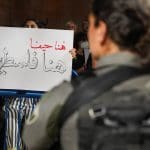
As the Israeli regime escalates its apartheid and settler colonial practices in Palestine, calls for sanctions against it have likewise increased. Still, sanctions remain controversial – both in terms of their ethics and efficacy. Indeed, many have argued that sanctions have rarely achieved their intended goals.
What might sanctions look like in the context of efforts to hold the Israeli regime accountable for its human rights violations? Would sanctions be effective, or are they too little too late? And what lessons may be drawn from the South African experience and others? To answer these questions and more, join host Tariq Kenney-Shawa in conversation with Nada Elia and Khaled Elgindy for our latest policy lab!
Tariq Kenney-Shawa is Al-Shabaka’s US Policy Fellow and co-host of Al-Shabaka’s Policy Lab series. He holds a Masters degree in International Affairs from Columbia University. Tariq’s research and writing have covered a range of topics, from the role of open-source intelligence in exposing Israel’s war crimes to analysis of Palestinian liberation tactics. His writing has appeared in The Los Angeles Times, Foreign Policy, and The Nation, among others. Follow Tariq on Twitter @tksshawa and visit his website at https://www.tkshawa.com/ for more of his writing and photography.
Nada Elia teaches ethnic and cultural Studies at Western Washington University. She is the author of Greater Than the Sum of Our Parts: Feminism, Inter/Nationalism, and Palestine (Pluto, 2023), and has contributed chapters to numerous anthologies, including The Case for Sanctions Against Israel (Haymarket, 2020).
Khaled Elgindy is a senior fellow at the Middle East Institute, where he also directs MEI’s Program on Palestine and Israeli-Palestinian Affairs. He is the author of the newly-released book, Blind Spot: America and the Palestinians, from Balfour to Trump, published by Brookings Institution Press in April 2019.
















